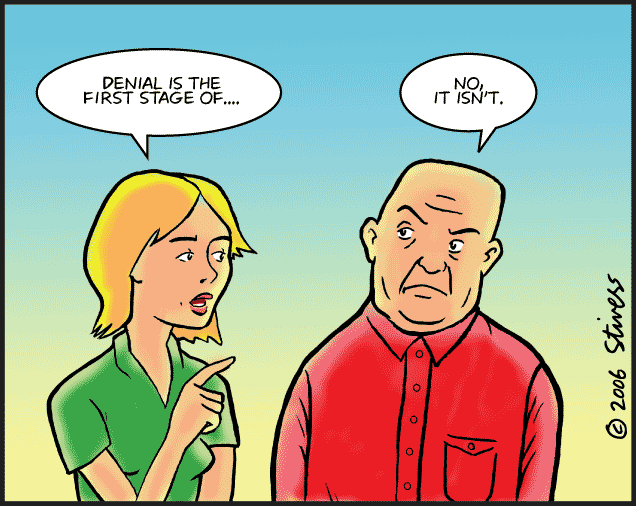
◊
In which perceptions of the how and why Commissioners are chosen by the Maltese government continue to be analysed and in which J’accuse concludes that Joe Borg’s biggest defect is having been too good a fellow.
It’s incredible how the spin regarding fat cats and Brussels seems to have no end. The nationalists will probably pay dearly in the future for nurturing this misconception about EU jobs – particularly important, representative posts. The quib that J’accuse has with what is happening is mainly a question about the criterion that is being used for appointments to high places within the EU constellation. The nationalists and their lapdogs seem to believe that it pays them to portray certain decisions as being money oriented – and good luck to them for that. What we do get out of Borg-gate is a couple of spin-off conclusions that are all the more interesting for deciphering the current political atmosphere.
The first corollary of Borg-gate is that whether the nationalist spin-meisters like it or not, the events leading up to the choice of Commissioner have had an effect on the public perception of Lawrence Gonzi’s wielding of power as Prime Minister. It has been alleged by PN-leaning columnists that Gonzi did attempt a face-à-face with Borg but we only have these columnists and their sources to back this allegation. I heard from a source very close to the offices in Brussels that this invitation never came – but both my source and that of other columnists would only classify as simple hearsay. Let’s hear what the horse had to say:
“While understanding Dr Borg’s disappointment at not being reappointed, the Prime Minister regrets that statements were made implying he had not given Dr Borg clear indications as to his thinking, which is not the case. Nevertheless, the Prime Minister has and continues to have a high sense of respect and gratitude towards Dr Borg, who performed his duties as commissioner in the best possible manner”
This statement by a PM spokesperson left the Times drawing its own implications and assumptions. Which does not mean that we cannot draw our own from the carefully worded spiel. In fact “clear indications as to his thinking” does not rule out the possibility that PM Gonzi left Joe Borg wondering whether he would be reappointed until the end. It would have been much more straightforward for the PM spokeseman to say – black on white – that he never indicated that Joe Borg was an option. But he could not, could he?
Some people, it seems, only read what they want to read. Here’s Daphne’s take on the issue:
For that is what it is all about, really. He tried to make out that he was upset because he wasn’t told ahead of the announcement (and the prime minister has denied not making it clear that he was no longer in the running; I suppose some people only hear what they want to hear). (Indy 03.12.09)
The PM did nothing of the sort. His spokesperson denied “not giving Dr Borg clear indications as to his thinking”. In my book even hinting that Borg is still in the running falls within that category – a clear indication of his thinking. So long as Gonzi juggled between Dalli, Cachia Caruana, Frendo and others then his “thinking” would be just that. The long and short of it is that the denial is just as smoky and hazy as the decision taking itself.
Then there was another issue. The question of the criteria. Fausto rightly ticked me off for unfairly implying that a government should have the interests of the nation at heart when appointing a commissioner. True, if taken literally that goes against the whole idea of a Commissioner and his fidelity to the Union. What I meant and expressed badly is that it is in the interest of the nation to nominate competent, efficient politicians who do not risk giving the nation a bad name. The next step in my logic would be that having to chose between a nomination promoveatur ut removeatur and one that is endorsed by the Commission President then Malta’s interests would lie firmly in backing a proven thoroughbred.
As for nominations in the interest of the nation, here is the PM’s spokesperson:
“Every decision, including the nomination of Malta’s commissioner, is taken in the best interest of the country and the timing of these decisions and the consultations carried out – including with Dr Borg – were always subject to this consideration.”
Seems like they too think in terms of the best interests of the country (and not hopefully, as would Daphne, in terms of salaries and emoluments paid out by jobs for the boys). All we could say about Joe Borg in the end is that he was a jolly good fellow – at least that is one thing nobody could deny.

5 replies on “Borg-gate: il-bidla tkompli”
But do you think Borg would have made a better choice than Dalli, irrespective of what Gonzi’s political considerations in making the choice could have been?
But do you think Fausto just doesn’t get it, irrespective of Jacques’ point?
Bloody hell .. it’s like being at a Trekkie convention!
If I didn’t live here, I wouldn’t have believed half of it …
The Unexpected Traveller
Sigh, another one who thinks that the PM spelling or not spelling an unequivocal “No” to Joe Borg is of greater consequence than having a Commission being unequivocally independent, impartial, not taking instructions from anyone, guardian of the Treaties, etc. And then they wonder why I decided to call it a day …
Fausto, I do not for a second assume to know who would make a better commissioner. I can more than assume however that somewhere along the way the PN made yet another complete mess of a political appointment, and then tried justifying it with the grace of an ambulance.